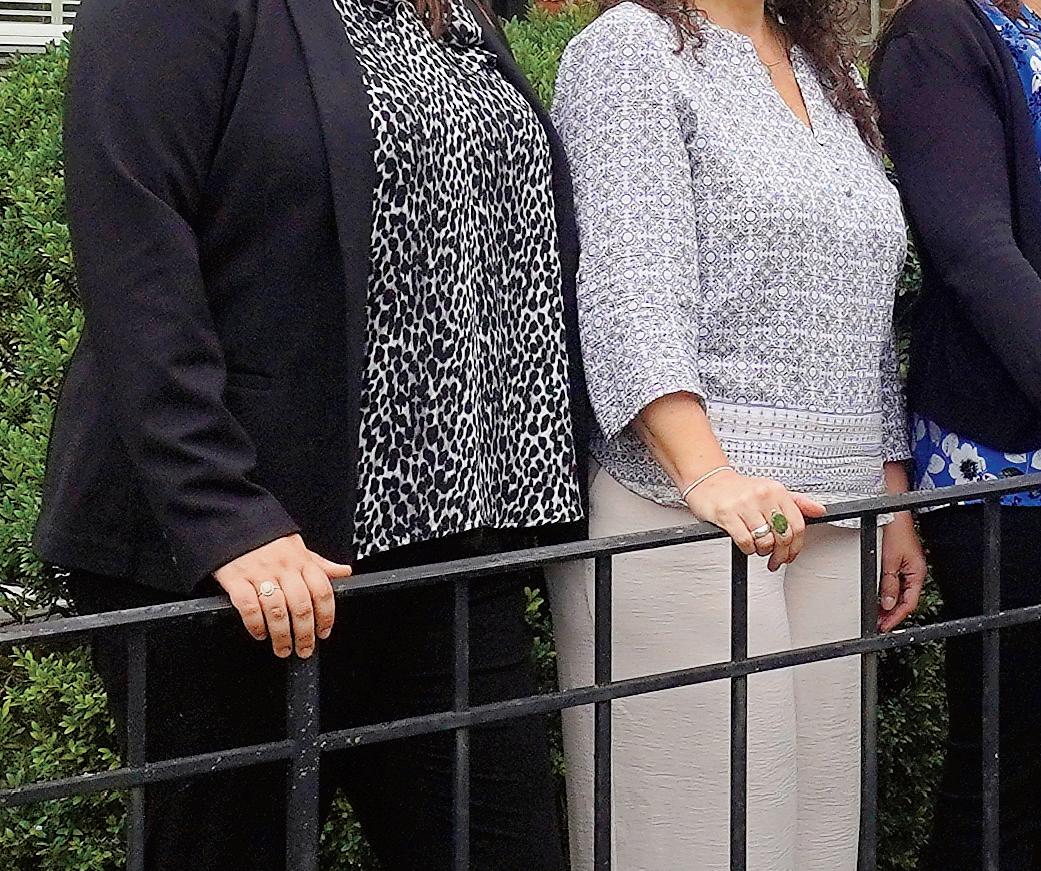
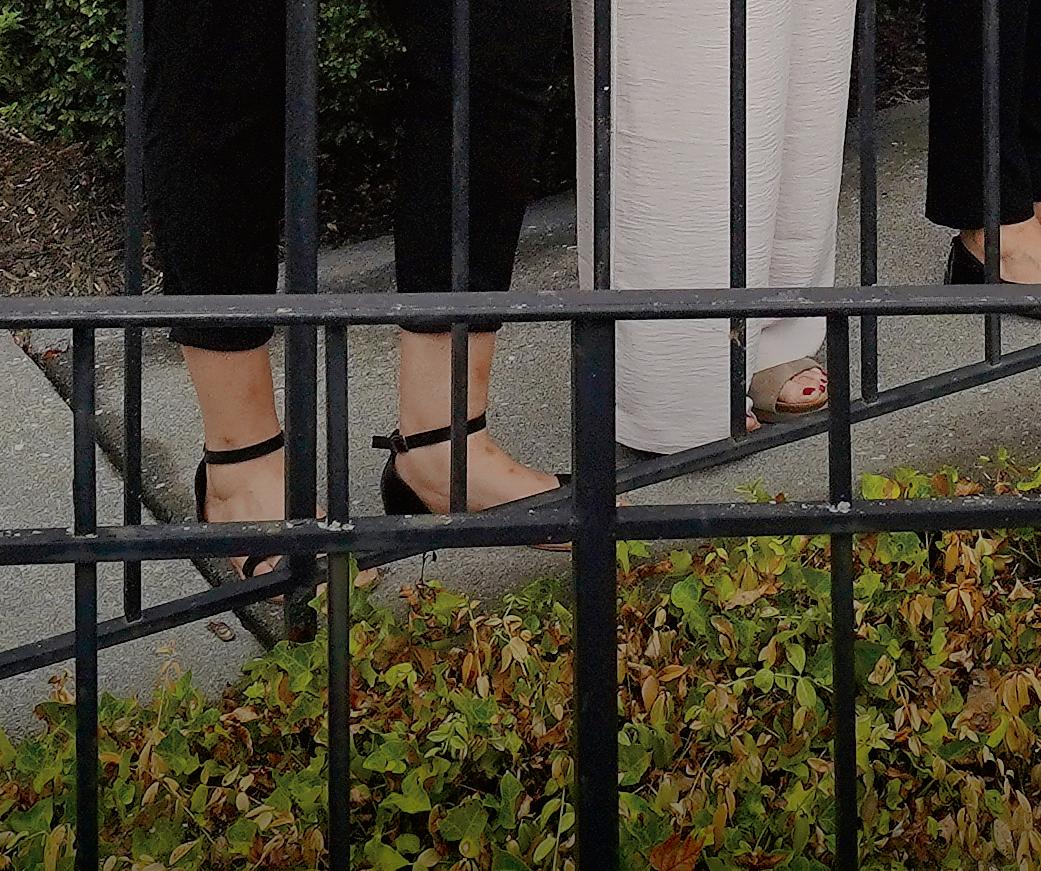
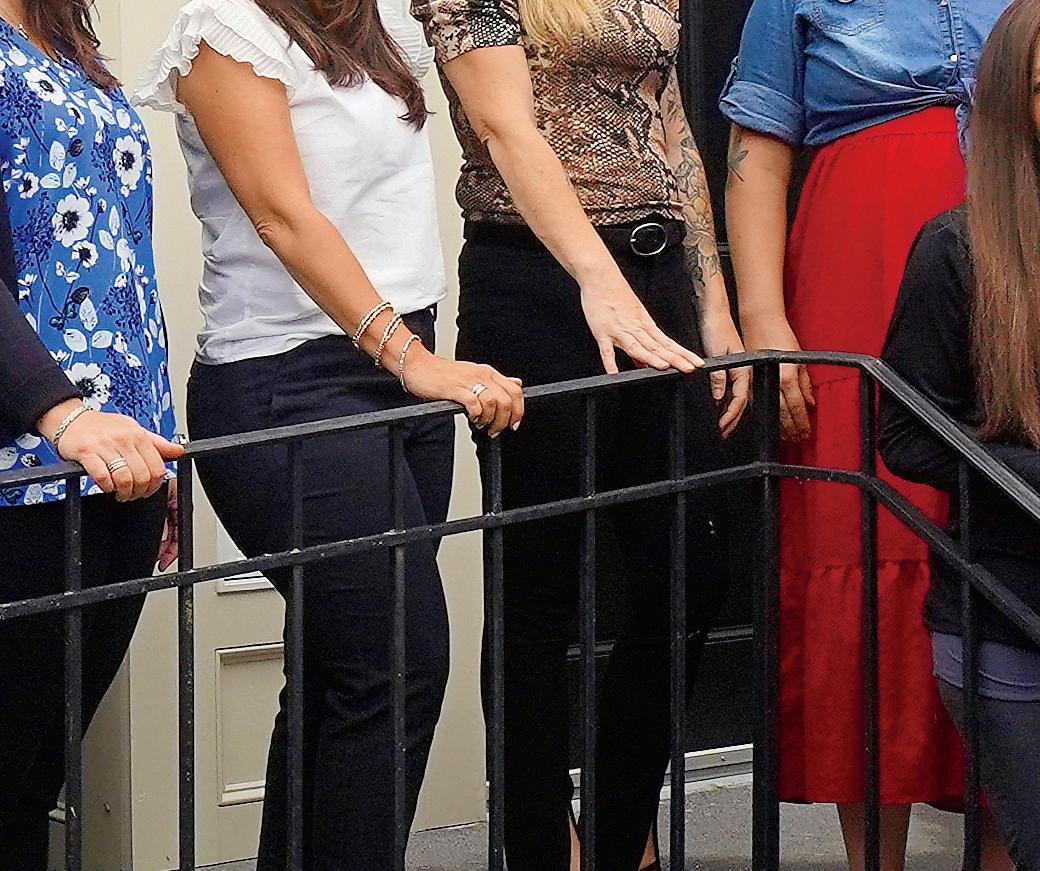
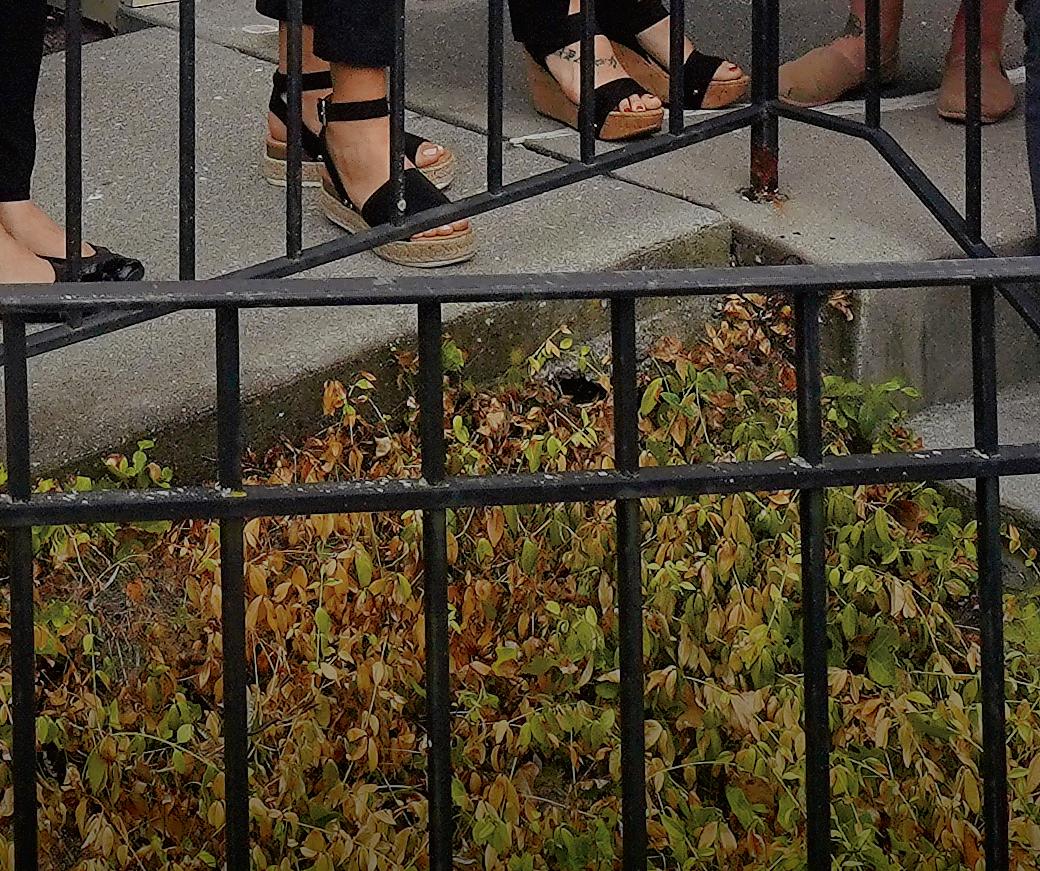
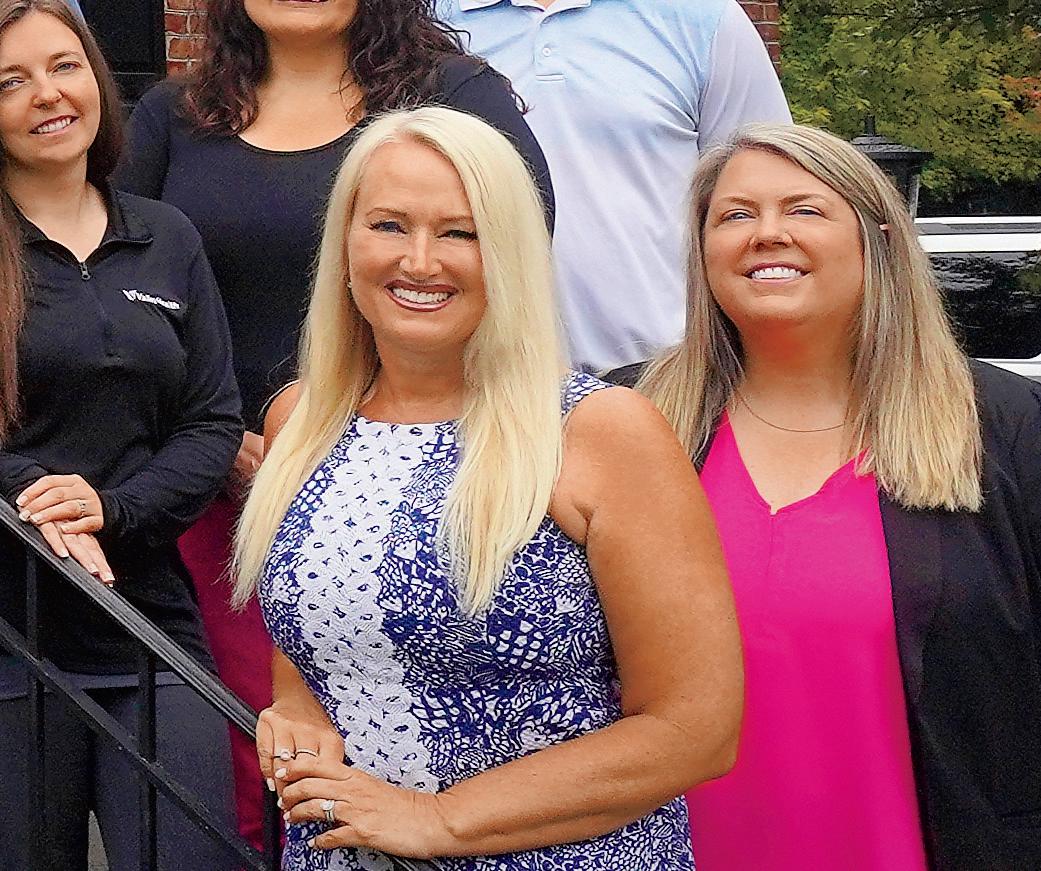
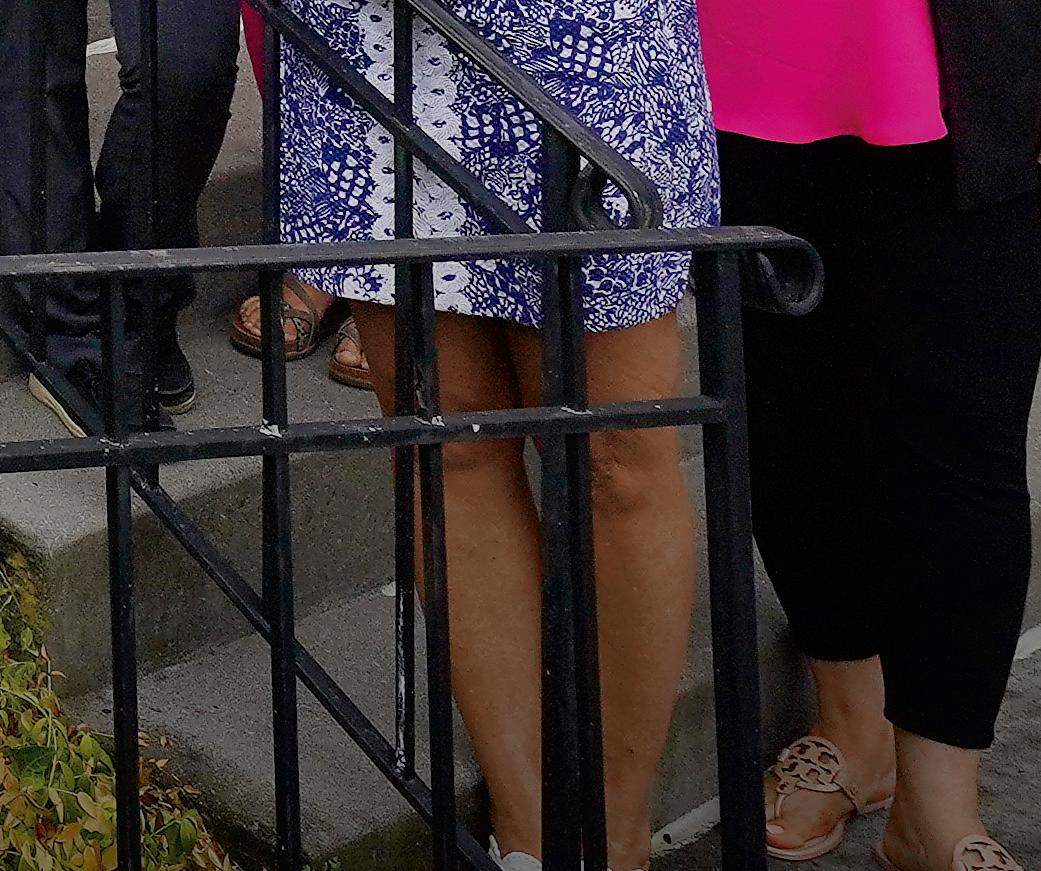
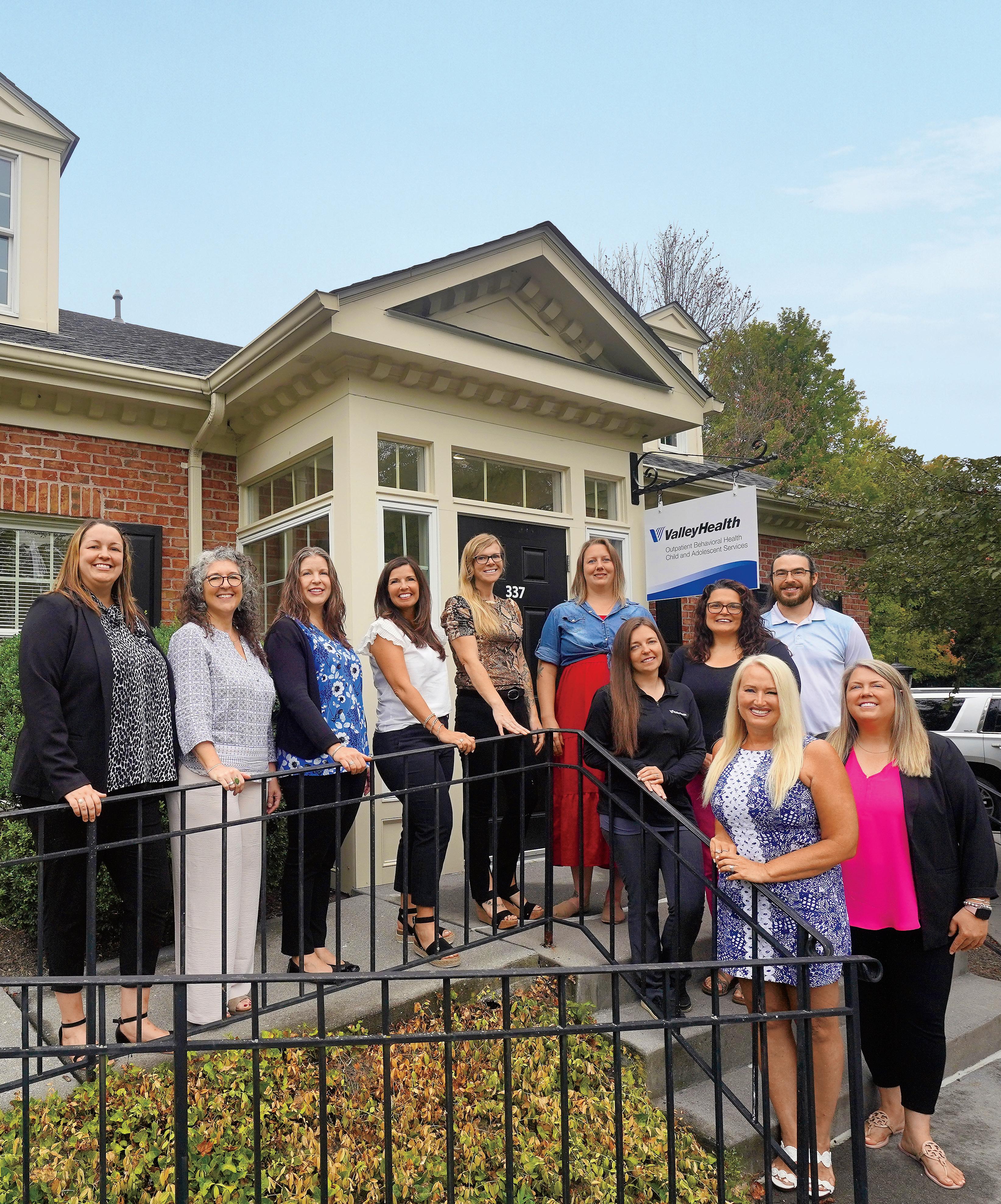






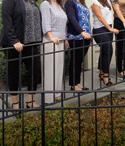

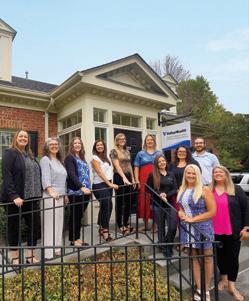









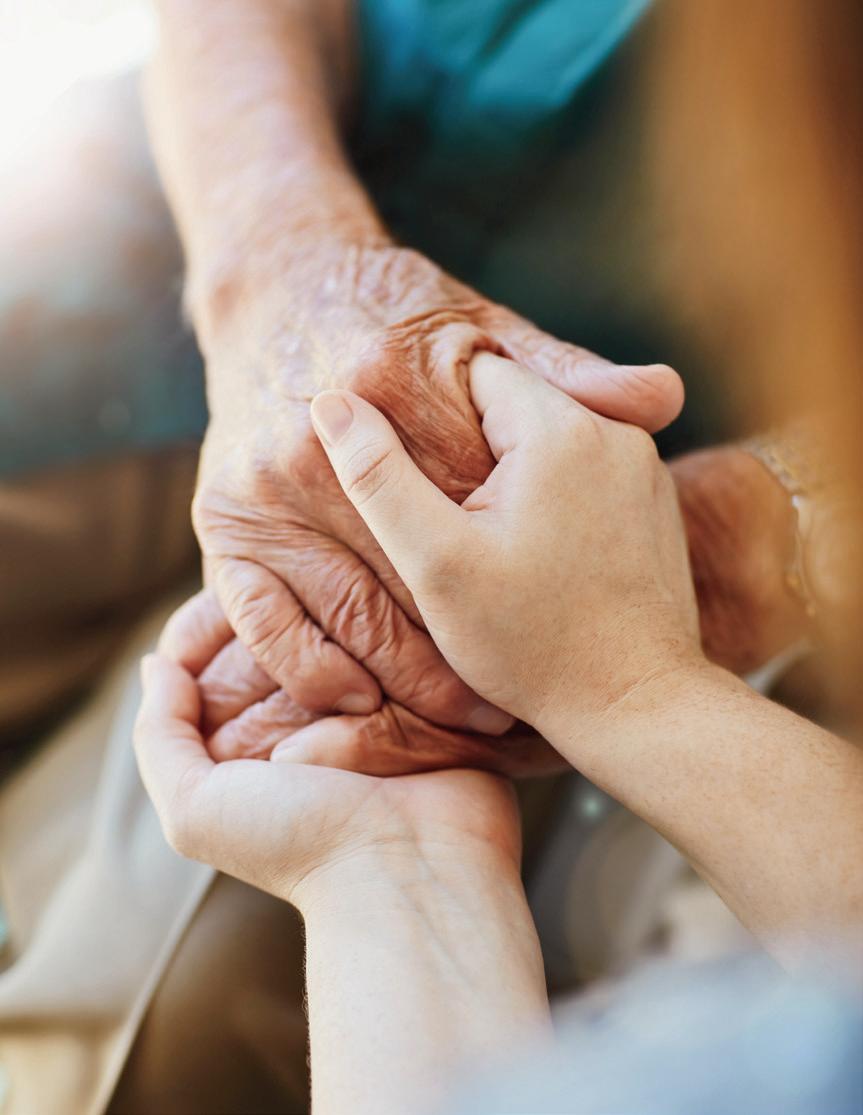
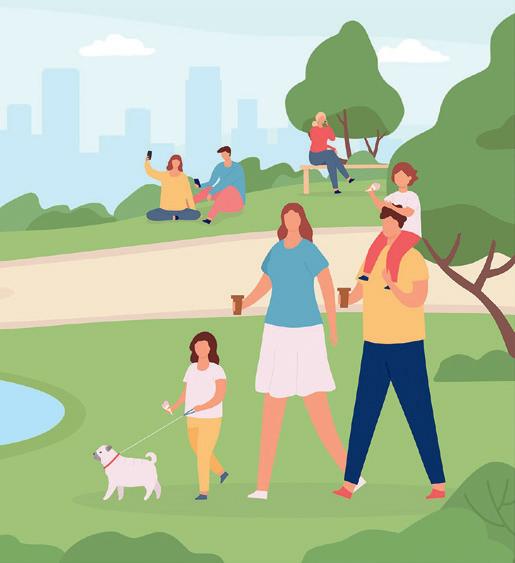
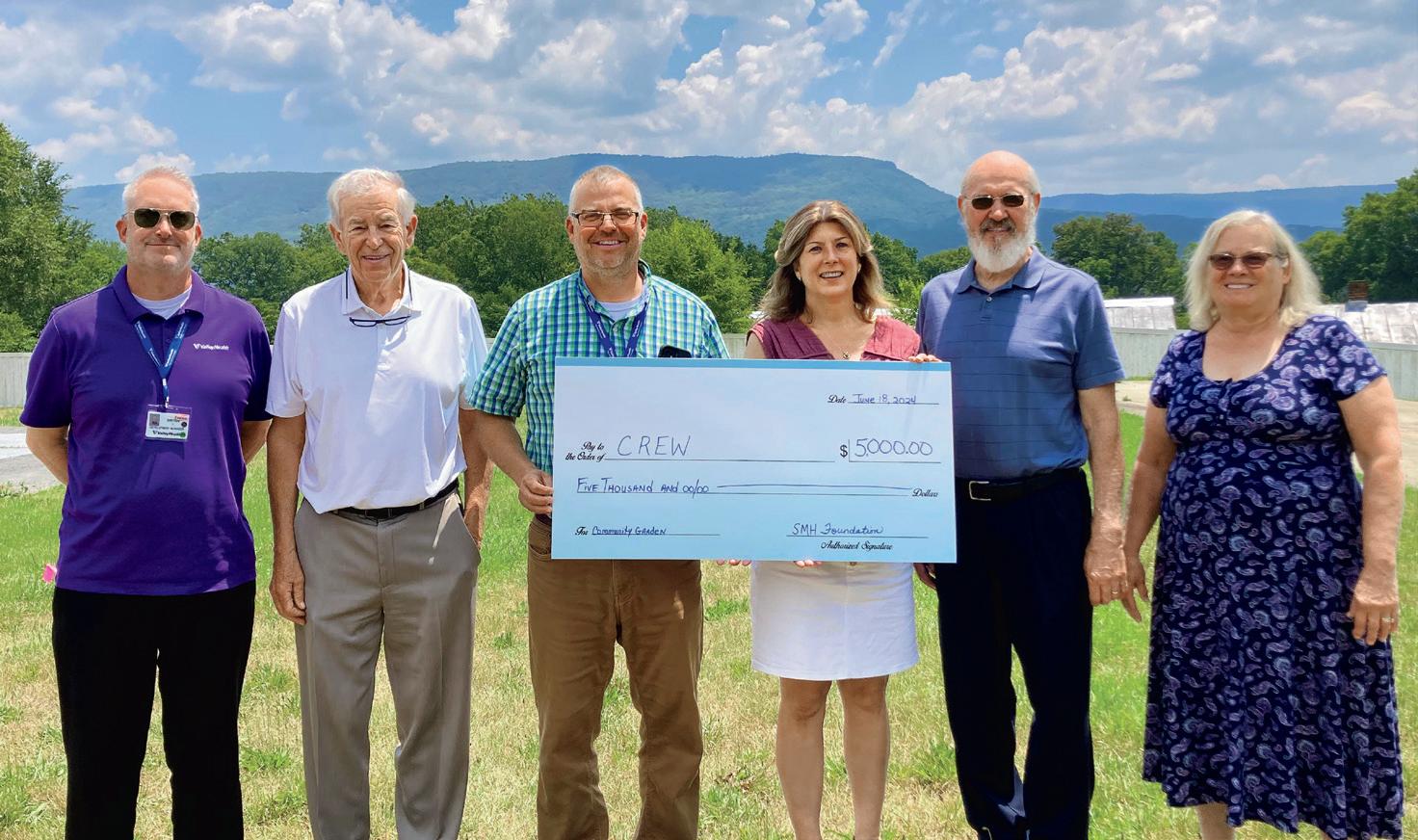







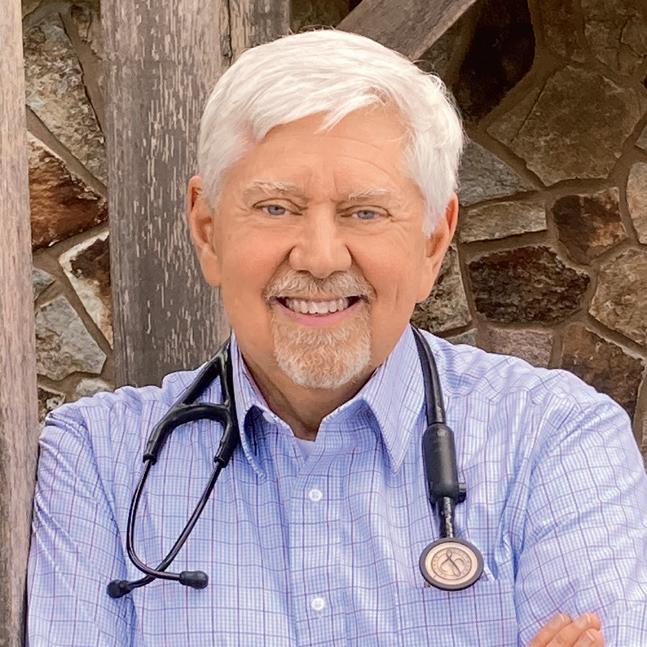
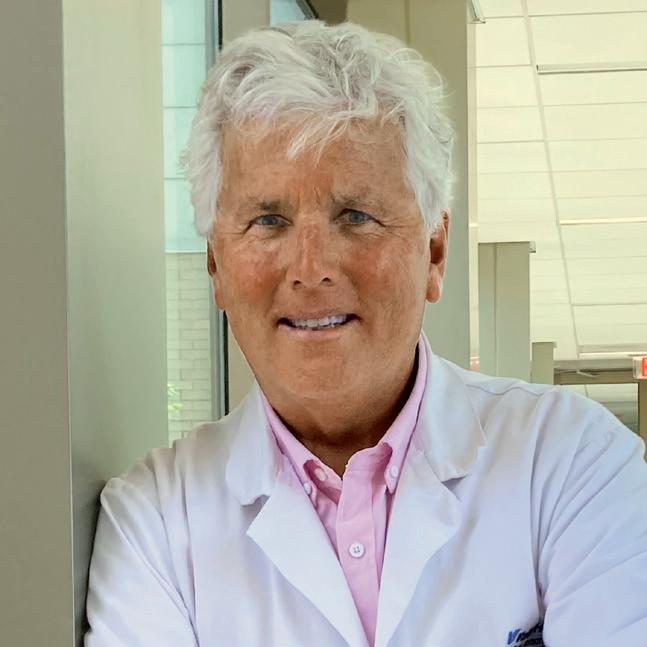
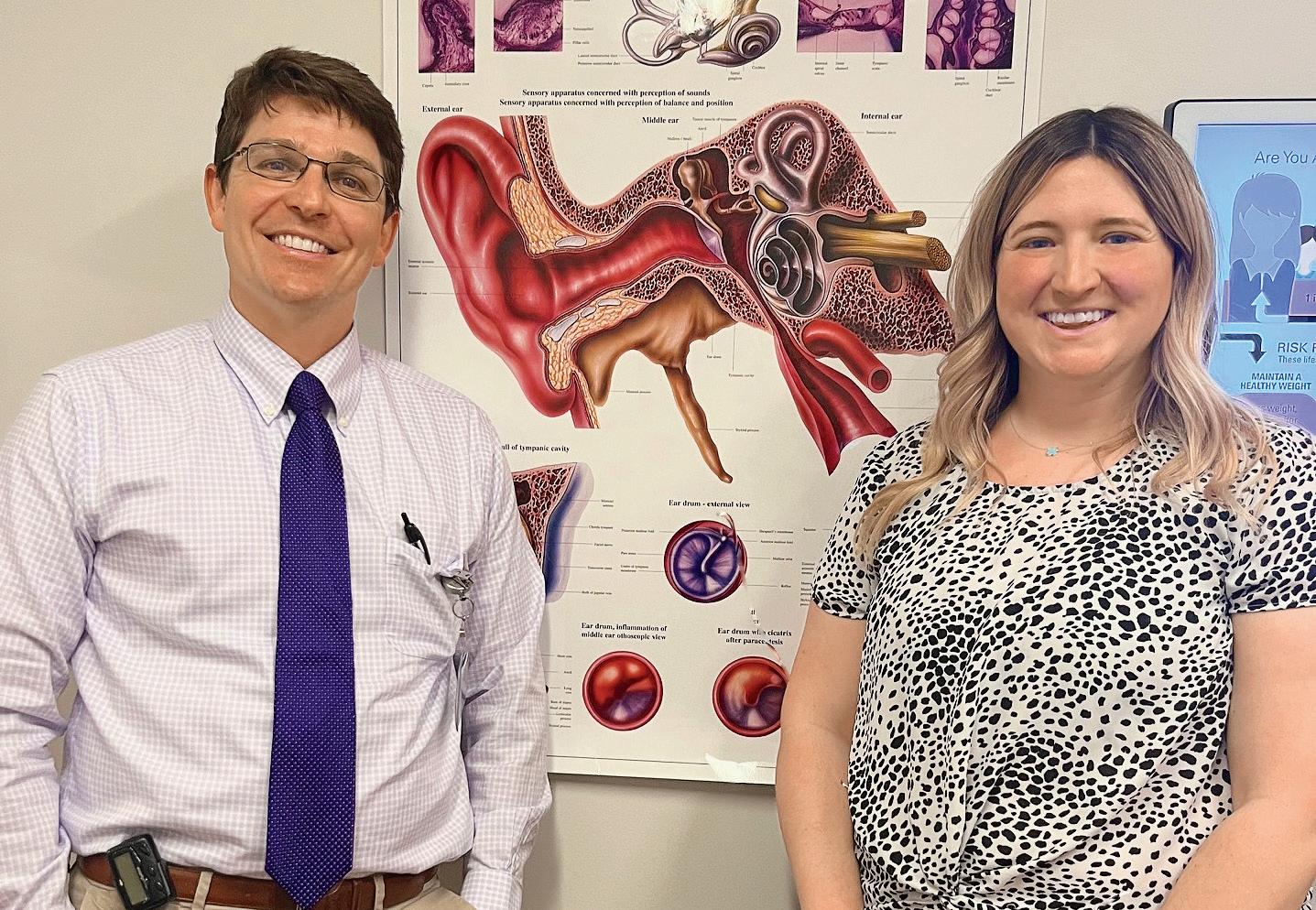



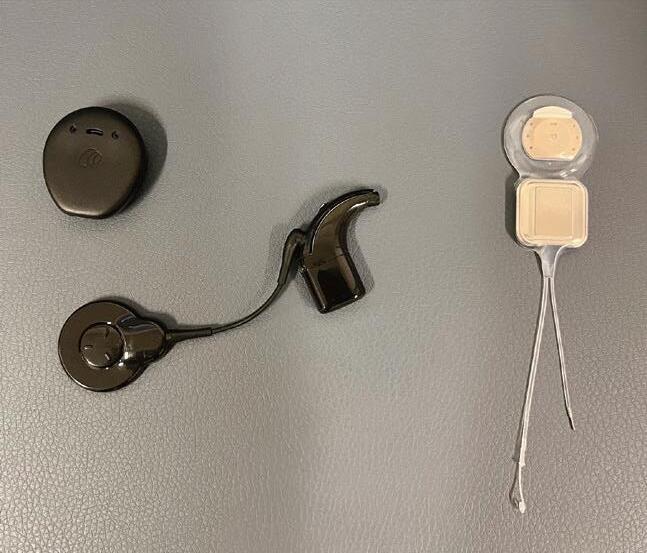



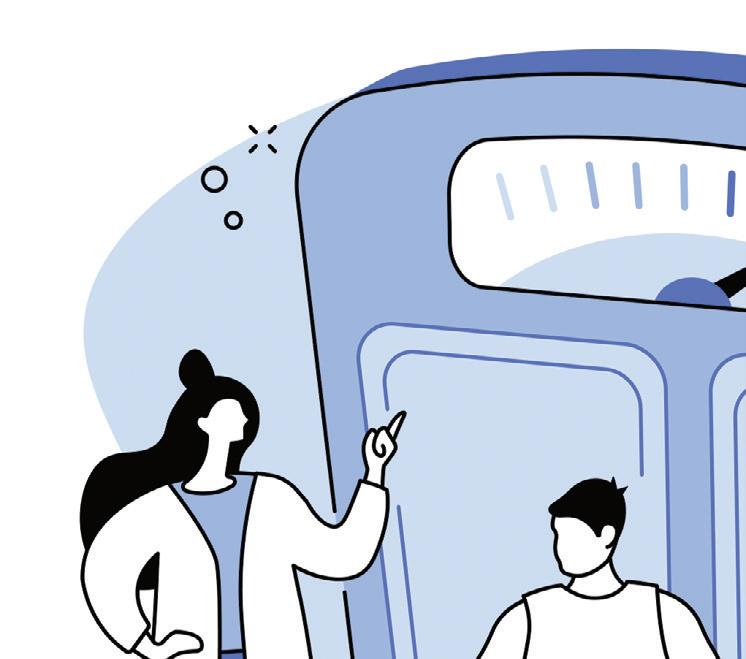
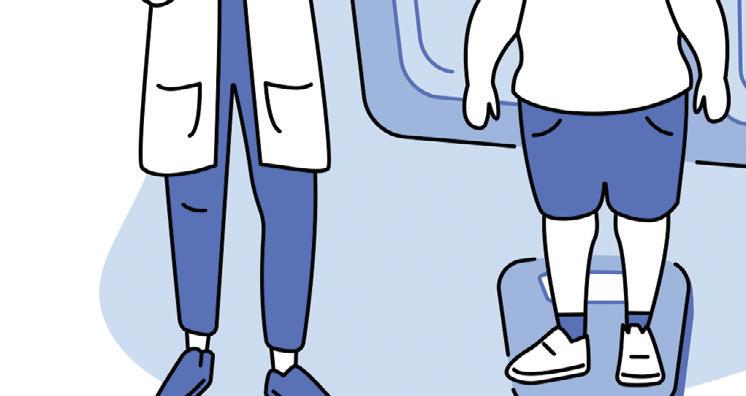
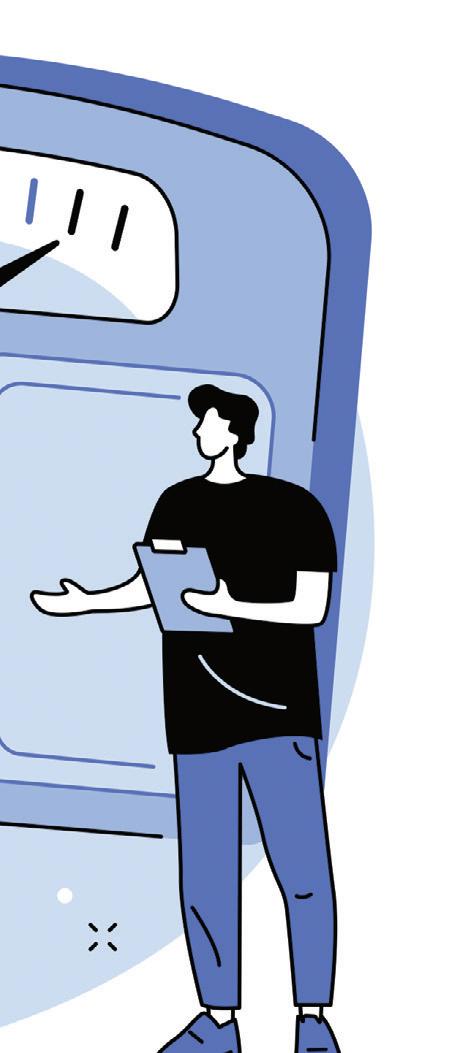

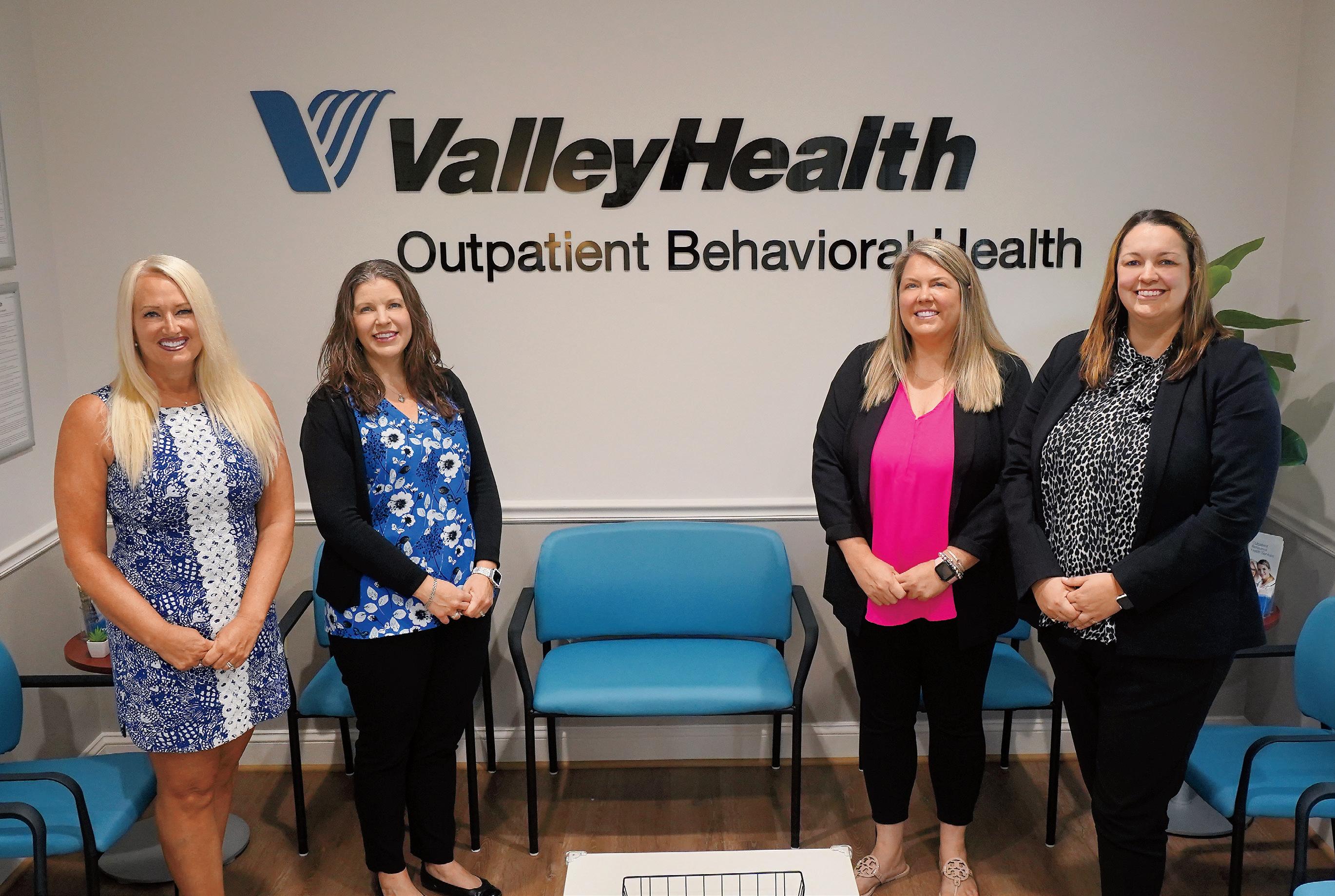

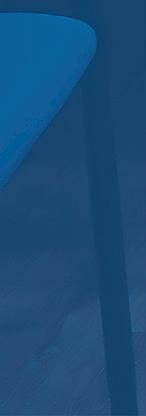

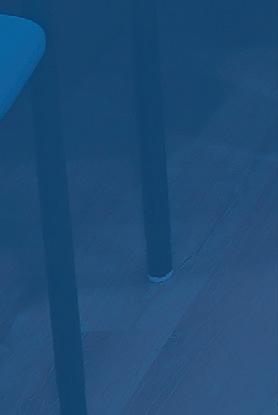
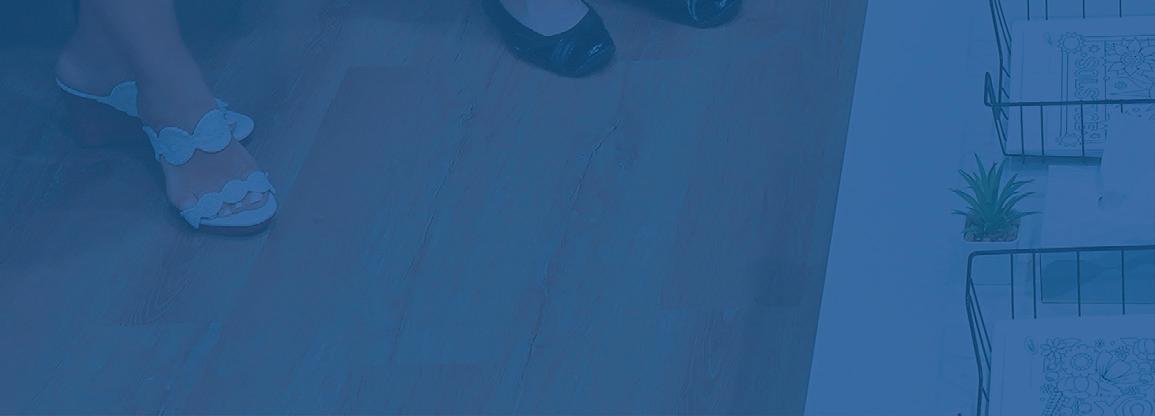


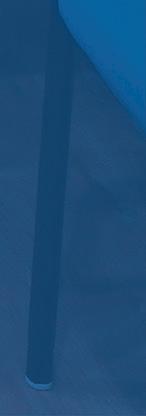







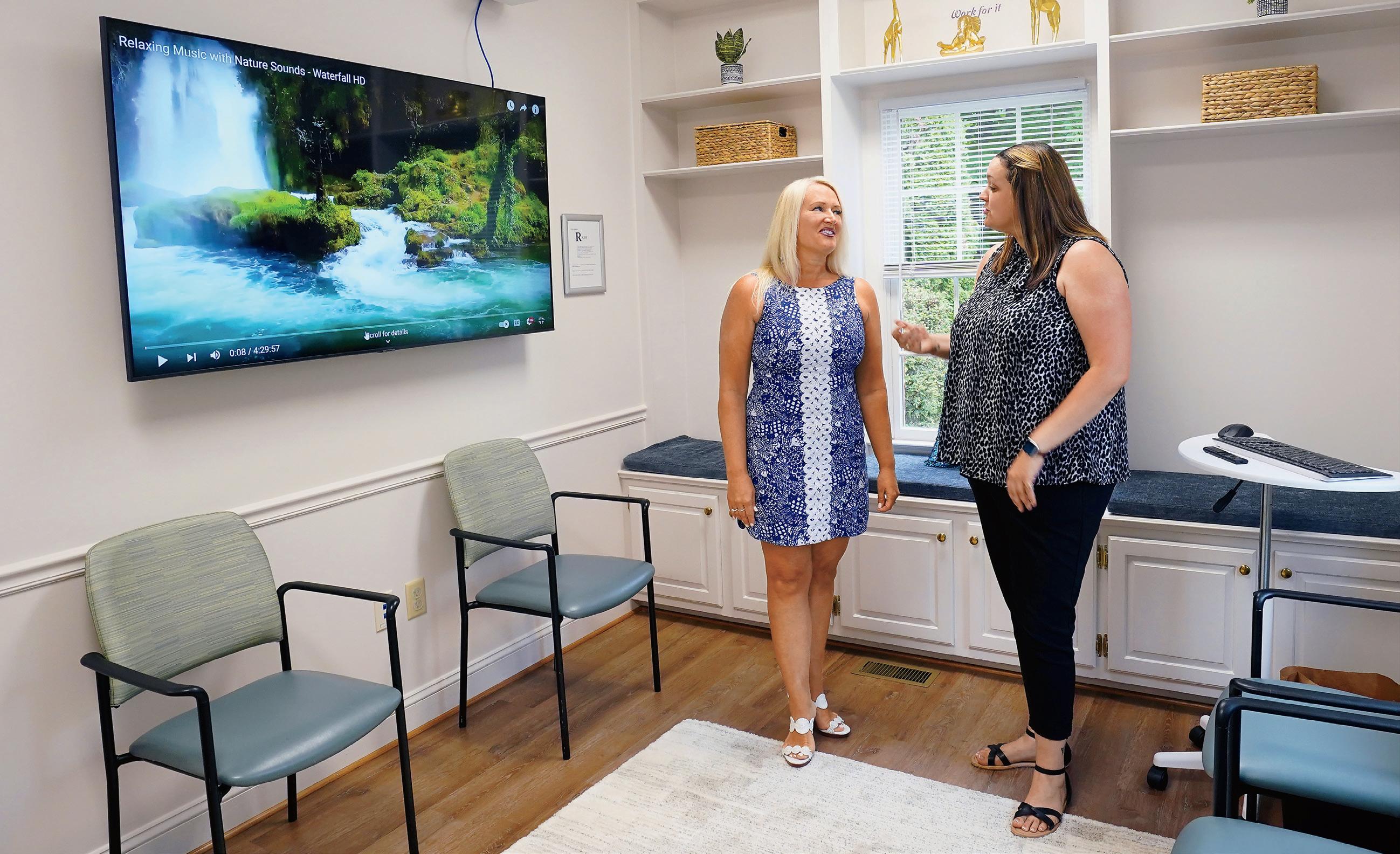


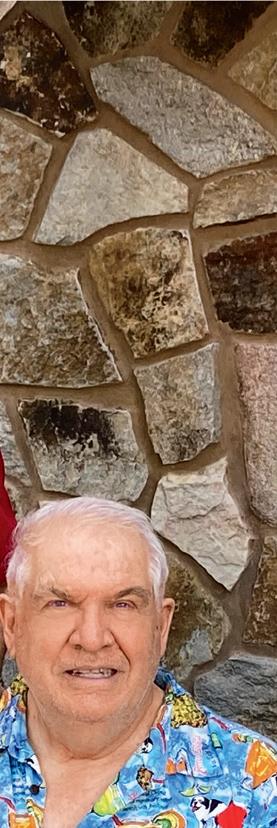
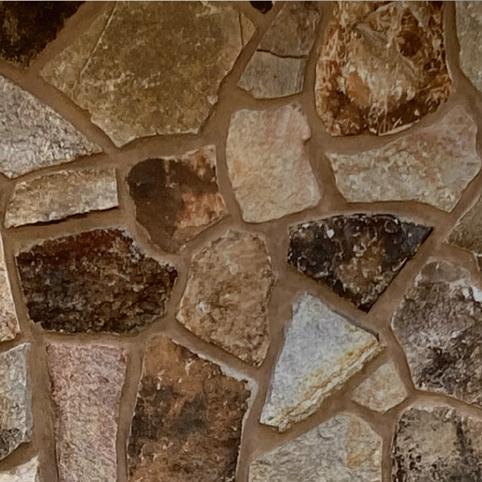


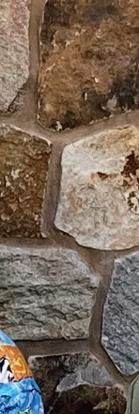

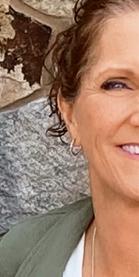
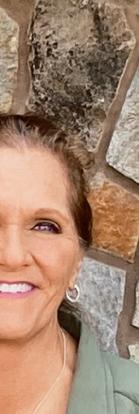


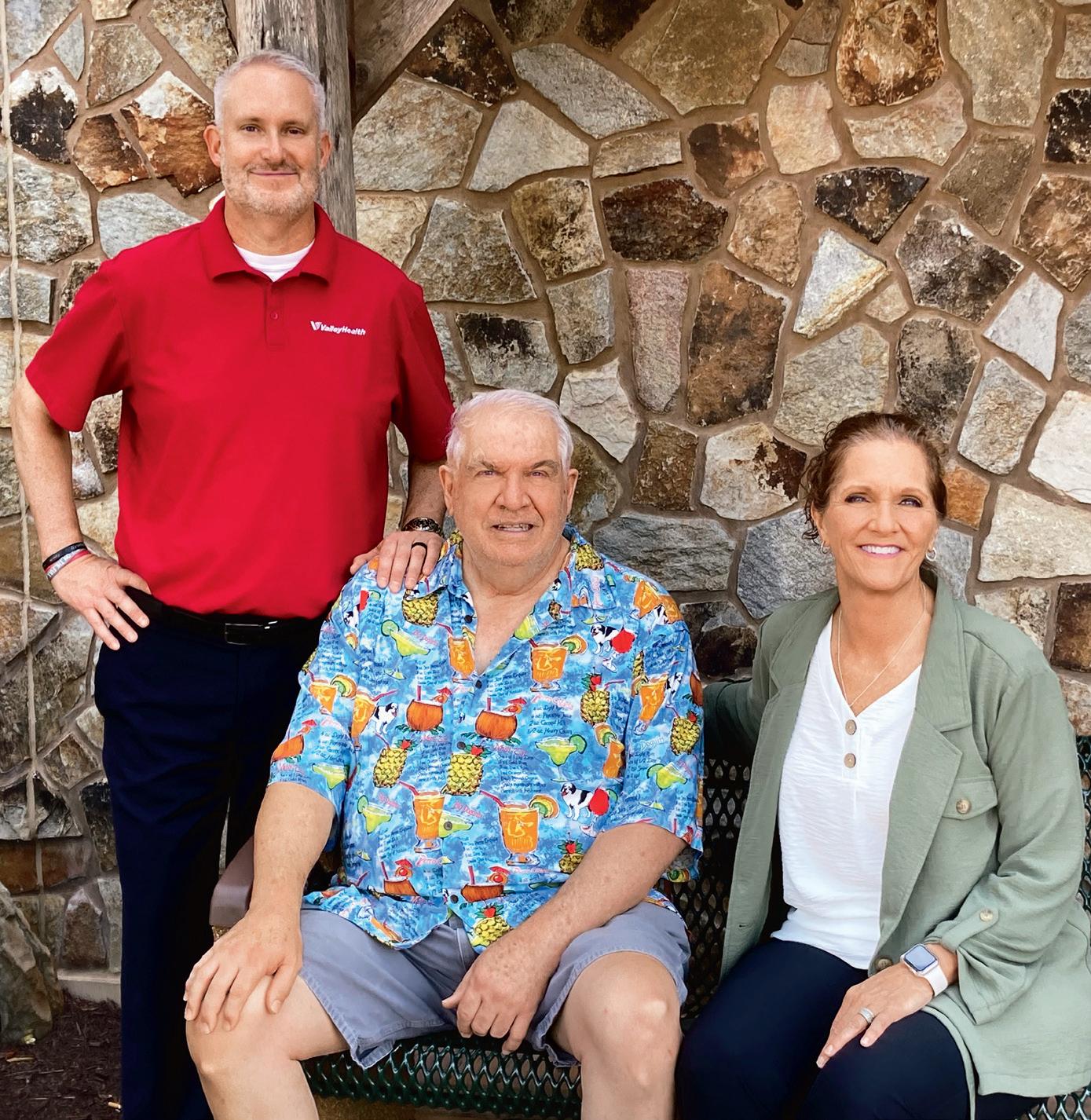

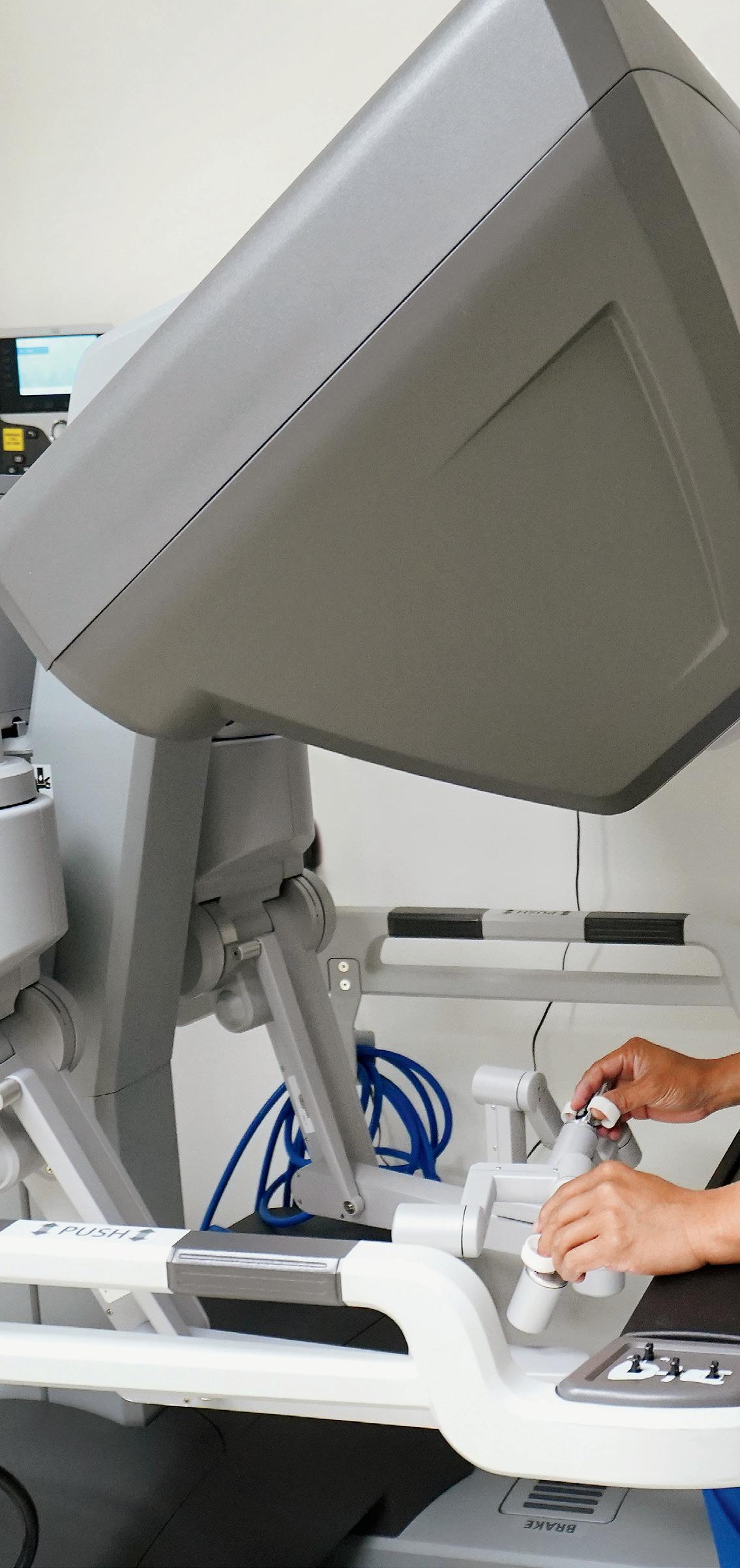
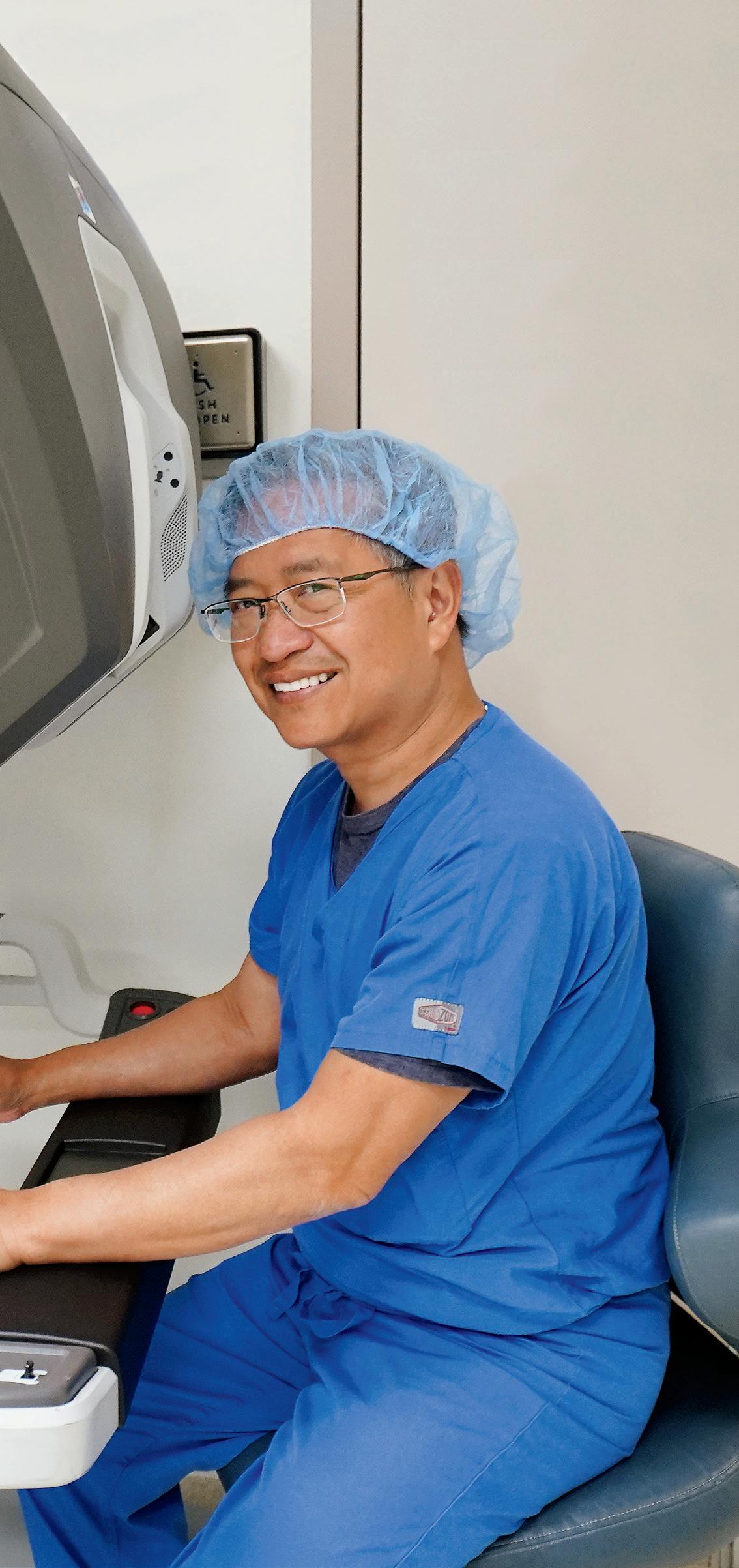
computed tomography (CT) scan can find lung cancer in its earliest, most treatable stages for smokers at high risk. But just 7 percent of Virginia residents and 5 percent of West Virginia residents who are at high risk for lung cancer take advantage of yearly low-dose CT screenings. “This is an easy, painless and safe five-minute test, but many people are not aware of it,” Dr. Buenaventura says.
Low-dose CT screening for lung cancer is available at all Valley Health hospital imaging locations and Winchester Imaging. It is recommended for current and former smokers ages 50 to 80 with a 20 pack-year history. That means you now or in the past smoked one pack a day for at least 20 years, or more packs for a shorter time, such as two packs a day for 10 years.
Whether or not you have smoked, talk to your doctor right away if you have symptoms that could be an early warning sign for lung cancer such as a chronic cough, coughing blood and/or unexplained weight loss. “Nonsmokers can also develop lung cancer, particularly older, postmenopausal women,” Dr. Buenaventura notes.
Dr. Buenaventura’s cardiothoracic surgery practice at Valley Health also treats these conditions:
Hiatal hernia: This occurs when the natural opening in the diaphragm—the thin sheet of muscle separating the chest and abdomen—widens, often with age, allowing the stomach to push upward. “You may not have symptoms, but hiatal hernias get bigger with age and raise the risk for serious complications like loss of blood flow to the stomach,” he says. Early warning signs for a hiatal hernia include acid reflux, heartburn and burping. In more severe cases, you may have trouble swallowing, feel full quickly when you eat, and have stomach or chest pain. Surgery puts the stomach back in place, repairs the diaphragm and may include repairs to the valve at the top of the stomach to reduce reflux.
Gastroesophageal disease/acid reflux: Chronic acid reflux can be caused by a weakening of the lower esophageal sphincter, a valve at the top of the stomach that’s supposed to prevent stomach acid from backwashing into the esophagus. “Heartburn medications make stomach fluid less acidic, but they don’t solve the fundamental problem,” Dr. Buenaventura says. A procedure called fundoplication reinforces a weakened valve. “If you have ongoing reflux or have used medications for five years to ease it, it’s a good idea to talk to your family doctor,” he says. “Nobody knows if there are long-term consequences of taking medications for reflux for a very long time.”
Other conditions: Dr. Buenaventura also performs surgeries that relieve hyperhidrosis (excessive sweating); thoracic outlet syndrome (pressure on nerves and blood vessels near the collarbone); fibrosis (scarring) of the lungs and masses in the lungs and chest; and diseases and conditions that affect the covering of the lungs, the area between the lungs and the chest wall.
For more information, visit valleyhealthlink.com/VHCS. If you want to learn more about low-dose lung CT screenings, ask your doctor or call the Valley Health nurse lung navigator at 844-532-8669. More information about lowdose lung CT is also available at valleyhealthlink.com/LDCT.
Valley Health System
P.O. Box 3340








At Valley Health, we want the people in our community to feel strong, healthy and capable of pursuing their passions – at work, at play, and at home. So, here’s to doing what you love, and finding success doing it. And here’s to having a nationally ranked health system right in your own backyard—delivering care you will only find in the Valley.
It’s what we love doing most, treating you.



